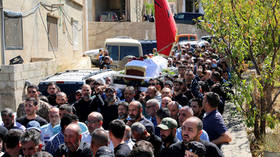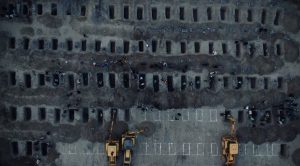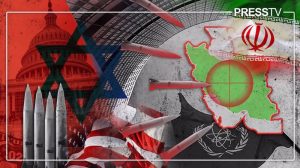The perpetrator “must be held to account,” human rights chief Volker Turk has said

A funeral ceremony for 9-year-old Fatima Abdullah killed in a pager explosion in Beqaa, Lebanon, September 18, 2024. © Getty Images / Suleiman Amhaz/Anadolu
The mass detonation of electronic devices that killed at least 37 people and injured thousands of others in Lebanon and Syria was a “shocking” act that violates international human rights law, UN human rights commissioner Volker Turk said on Wednesday.
In his statement, published on the official UN website, Turk called for immediate action to find the perpetrators behind the attack.
Thousands of blasts rocked Lebanon on Tuesday and Wednesday, when pagers, walkie-talkies and laptops that had been loaded with explosive detonated simultaneously. The attacks appear to have targeted operatives of the Iran-backed Hezbollah militant group in Lebanon. However, many innocent bystanders, including children, were also caught up in the blasts.
Hezbollah and the government in Beirut have blamed Israel for the attacks and vowed retaliation. The Jewish state has so far neither confirmed nor denied responsibility. Media reports, however, have claimed that Mossad, the Israeli intelligence service, had rigged the devices in preparation for a major war with Hezbollah, and triggered them via a remote signal.
According to Turk, the attack was “unacceptable” regardless of who was targeted.
Simultaneous targeting of thousands of individuals, whether civilians or members of armed groups, without knowledge as to who was in possession of the targeted devices, their location and their surroundings at the time of the attack, violates international human rights law.
He called for an “independent, thorough and transparent investigation” into the circumstances of the explosions, and said that “those who ordered and carried out such an attack must be held to account.”
Turk also appealed to “all States with influence in the region and beyond” to help de-escalate the situation in order to avert a full out war between Lebanon and Israel, stressing that “the protection of civilians must be the paramount priority.”
Hezbollah, which supports Hamas, has waged a limited campaign of tit-for-tat drone and missile strikes on northern Israel, demanding that the Jewish state end its campaign in Gaza, which has left many thousands dead.
Less than two months ago, Israeli Foreign Minister Israel Katz announced that West Jerusalem was preparing for “all-out war” with Hezbollah. Following the second wave of blasts on Wednesday, Israeli Defense Minister Yoav Gallant announced that “a new phase” of the country’s war against militant groups was beginning, with the focus shifting from Hamas to Hezbollah. He also said that the bulk of Israel’s forces were being moved to the Lebanese border.


